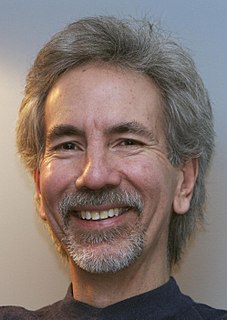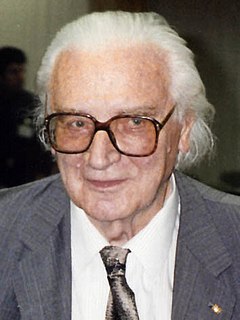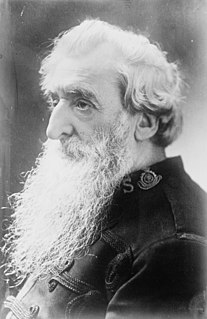A Quote by Norbert Wiener
The idea that information can be stored in a changing world without an overwhelming depreciation of its value is false. It is scarcely less false than the more plausible claim that after a war we may take our existing weapons, fill their barrels with information.
Related Quotes
When examining evidence relevant to a given belief, people are inclined to see what they expect to see, and conclude what they expect to conclude. Information that is consistent with our pre-existing beliefs is often accepted at face value, whereas evidence that contradicts them is critically scrutinized and discounted. Our beliefs may thus be less responsive than they should to the implications of new information
Of course, we knew that the official reports were sketchy, if not falsified. But, in terms of information theory, this is precisely where the problem lay: How were we to reconstruct reality from incomplete or false reports? It is not true that virtually all news in a totalitarian state is false. On the contrary, most news is completely correct, albeit tendentiously slanded; it is just that certain information is suppressed. One can adjust for the political slanting of the news, but there is virtually no way to fill in the omissions.
Television is altering the meaning of 'being informed' by creating a species of information that might properly be called disinformation. Disinformation does not mean false information. It means misleading information - misplaced, irrelevant, fragmented or superficial information - information that creates the illusion of knowing something, but which in fact leads one away from knowing.
There have been misperceptions that we're trying to make all the information open on Facebook, and that's completely false. There are big buckets of information that we recommend that you share with only your friends privately. Then some of the more basic information, we recommend that that's visible to everyone.
I don't think we should have less information in the world. The information age has yielded great advances in medicine, agriculture, transportation and many other fields. But the problem is twofold. One, we are assaulted with more information than any one of us can handle. Two, beyond the overload, too much information often leads to bad decisions.
The sense organs, which are limited in scope and ability, randomly gather information. This partial information is arranged into judgments, which are based on previous judgments, which are usually based on someone else's foolish ideas. These false concepts and ideas are then stored in a highly selective memory system.
If we consider the actual basis of this information [i.e., intelligence], how unreliable and transient it is, we soon realize that war is a flimsy structure that can easily collapse and bury us in its ruins. ... Many intelligence reports in war are contradictory; even more are false, and most are uncertain. This is true of all intelligence but even more so in the heat of battle, where such reports tend to contradict and cancel each other out. In short, most intelligence is false, and the effect of fear is to multiply lies and inaccuracies.
There are different kinds of fire; there is false fire. No one knows this better than we do, but we are not such fools as to refuse good bank notes because there are false ones in circulation; and although we see here and there manifestations of what appears to us to be nothing more than mere earthly fire, we none the less prize and value, and seek for the genuine fire which comes from the altar of the Lord.







































